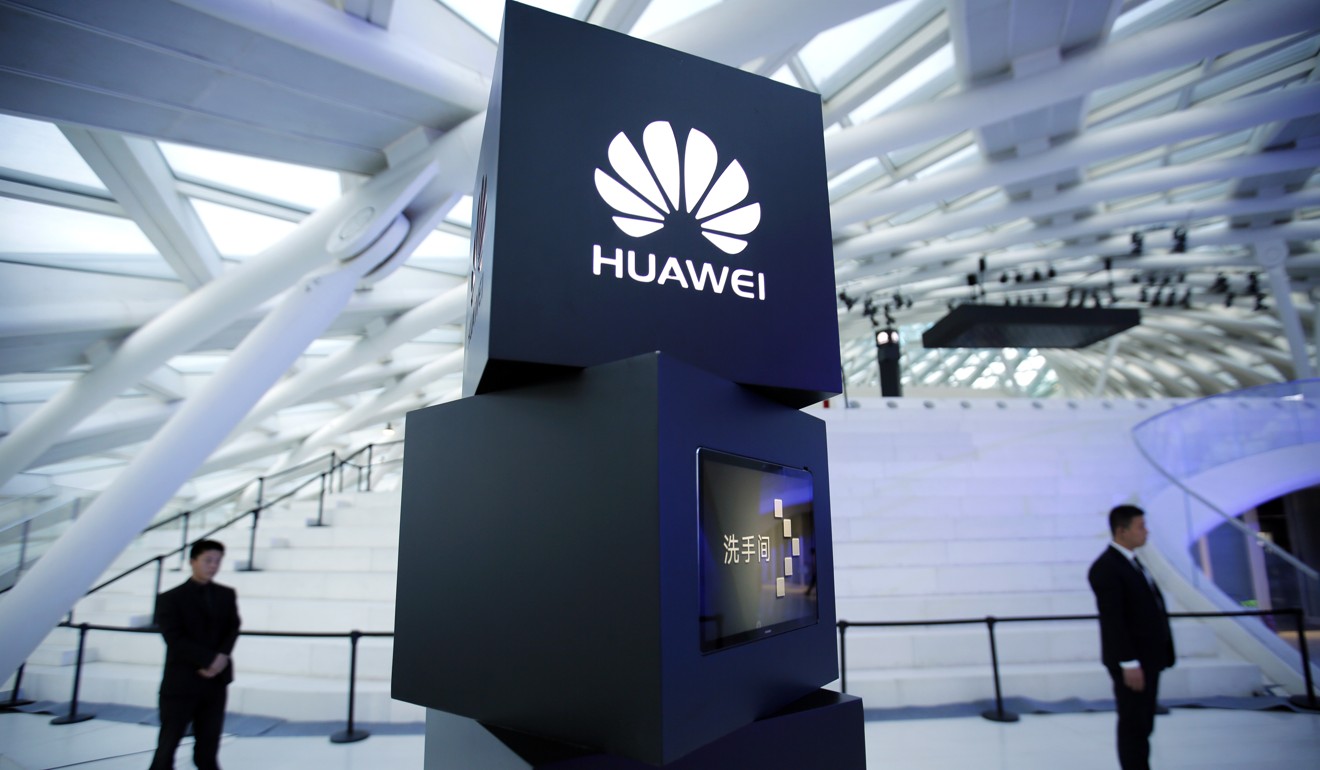
Huawei lays off staff in US and slashes lobbying budget after years of suspicion from China hawks
The retrenchment comes amid a steady drip of bad news for the Chinese telecommunications company
China’s Huawei Technologies Co Ltd, viewed with suspicion in the US Congress as a potential threat to national security, has laid off five employees at its Washington office and slashed lobbying expenditures, according to sources familiar with the matter and government filings.
Huawei, the world’s third largest smartphone maker, let go its vice-president of external affairs Bill Plummer and four other people in the Washington office, sources said. The New York Times was first to report the shake-up.
The company also slashed lobbying expenditures to US$60,000 in 2017 from US$348,500 in 2016, according to Huawei filings.

“Like every company, we continually evaluate our organisation and align our resources to support our business strategy and objectives,” a Huawei spokesman said. “Any changes to staffing size or structure are simply a reflection of standard business optimisation.”
The retrenchment comes amid a steady drip of bad news for the Chinese telecommunications company prompted by concerns by US national security experts and China hawks who are loathe to see equipment made by a Chinese firm installed in the US telecommunications network.
In February, two Republican US senators introduced legislation that would block the government from buying or leasing telecommunications equipment from Huawei or China’s ZTE Corp, citing concerns that the companies might use their access to spy on US officials.
Such concerns have extended to handsets. In January, AT&T Inc was forced to scrap a plan to offer its customers Huawei handsets after some members of Congress lobbied against the idea with federal regulators.
The United States this week banned American firms from selling parts and software to ZTE for seven years. Washington accused ZTE of violating an agreement on punishing employees after the company illegally shipped US goods to Iran.
Despite being hampered in getting a foothold in the US market, Shenzhen-based Huawei saw net profit rise to 47.5 billion yuan (US$7.3 billion) in 2017, sharply up from a 0.4 per cent increase in 2016. The rise was partly the result of a 85 per cent drop in net financing expenses and partly due to higher revenue.

